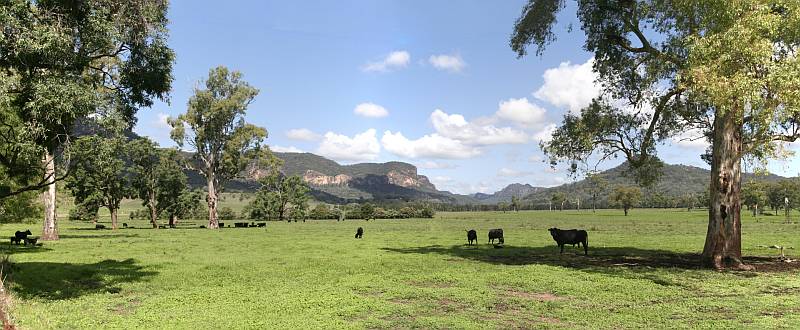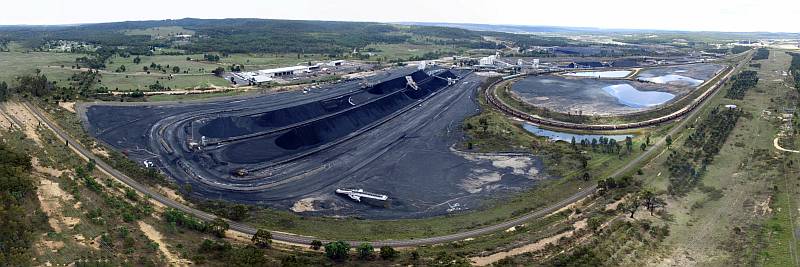Man behaves like a bacterium in the way he exploits fossil fuels
| ||||
|
Man, however, has leaned to move the fossil fuels from where there is no oxygen to where oxygen is readily available. He takes the peat from the bog, or the oil from the underground oil field, or the coal from the sedimentary rocks; brings it to the surface where oxygen is plentiful, and causes it to react with oxygen there.
Just like a micro-organism, once Man discovered how to do this and learned that there could be a profit in it (he could exploit fossil fuels to his advantage) he did it more and more. The rate of consumption of the fuel bore no relation to the rate at which the fuel was replenished; the rate of consumption depended only on the 'progress' Man made in finding more and more ways of usefully exploiting the fuel. Note the similarity to a mould colonizing jam in an incompletely sealed jam jar; the mould grows exponentially faster and faster until it is forced to slow down because it has exploited all the surface of the jam.
We, as a society, have discovered that the uncontrolled consumption of fossil fuel can lead to problems: coal smoke, petrochemical smog, accumulation of greenhouse gases, etc. In cases where the problems have been local our society has made laws to limit the harmful effects; just as an organism evolves methods of protecting itself from the toxins it produces. Where the harmful effects are global our governments have been much slower to act. We continue to burn fossil fuels whenever there is a short-term advantage in doing so.
It looks like we will run out of petroleum before we can learn to rationally control the rate at which we consume it. Coal, however, is much more plentiful; the man-made greenhouse effect will probably seriously damage the biosphere by climate change and ocean acidification before we run out of coal. Will man learn to rationally control the rate at which he burns coal before he destroys 'his' world? Are we seeing the beginning of the end of this global civilisation?

